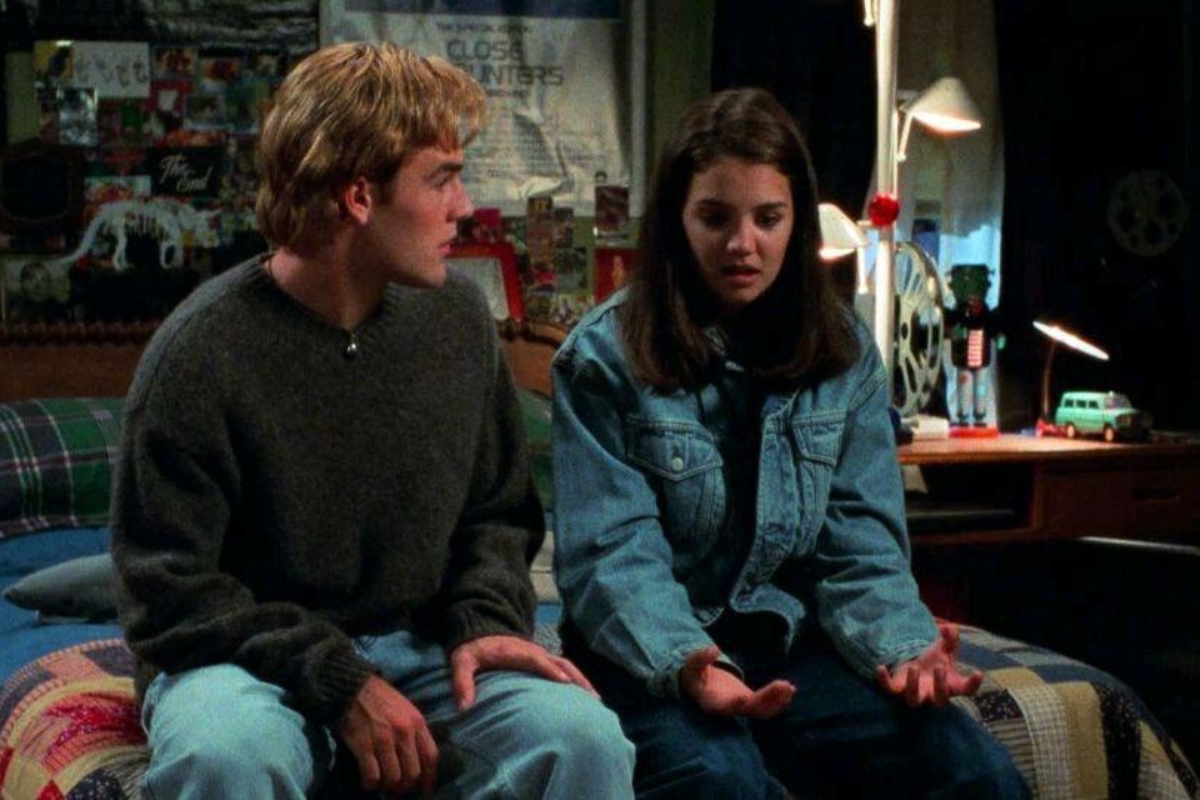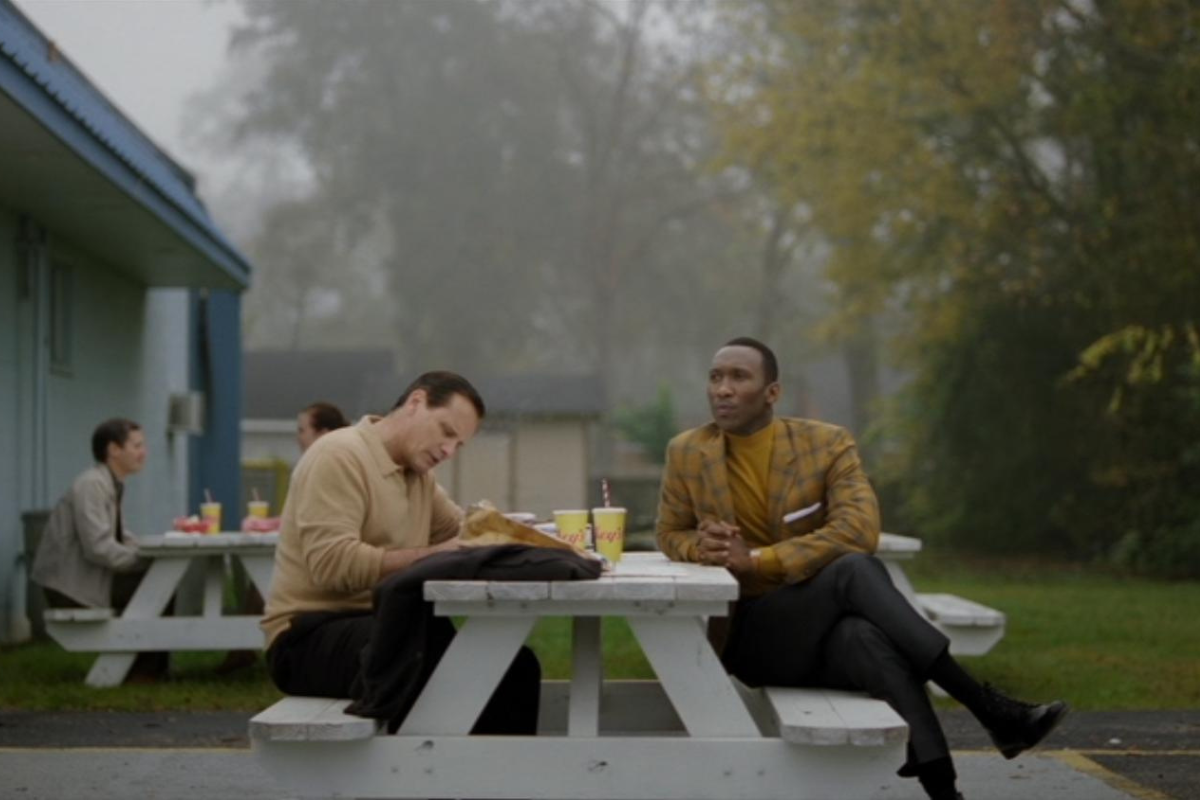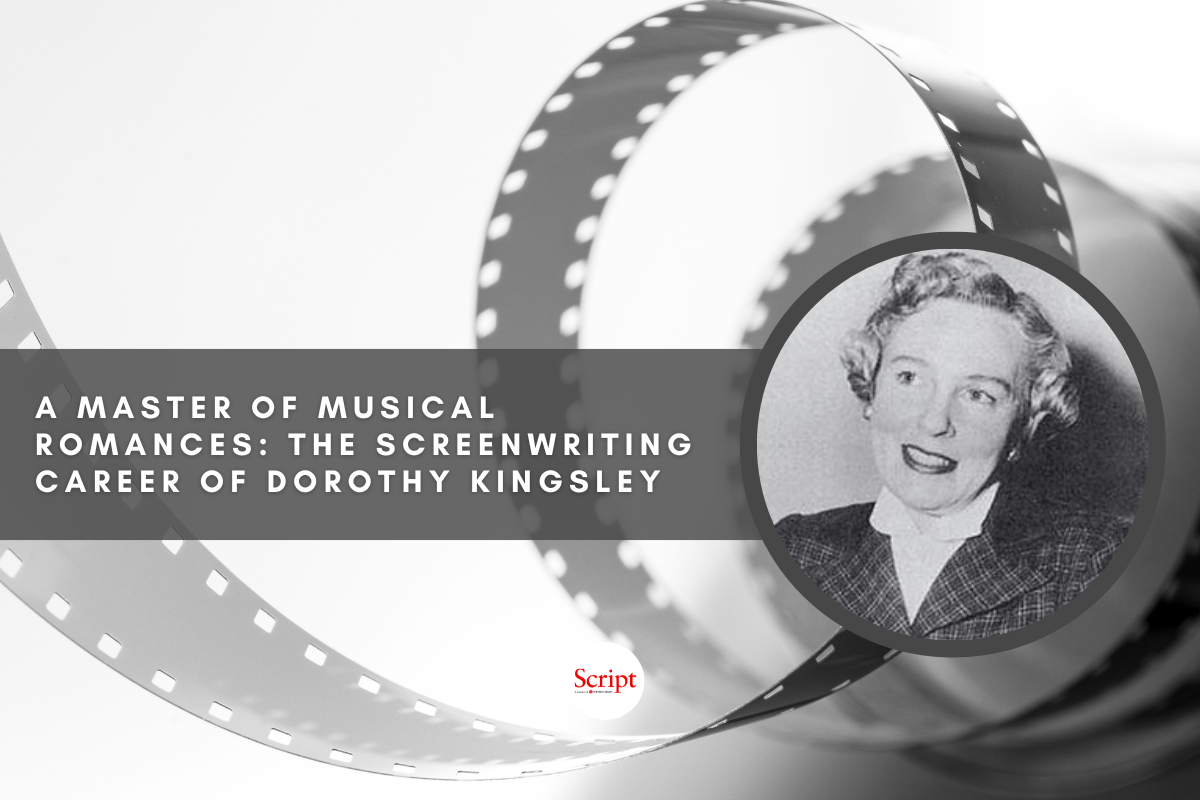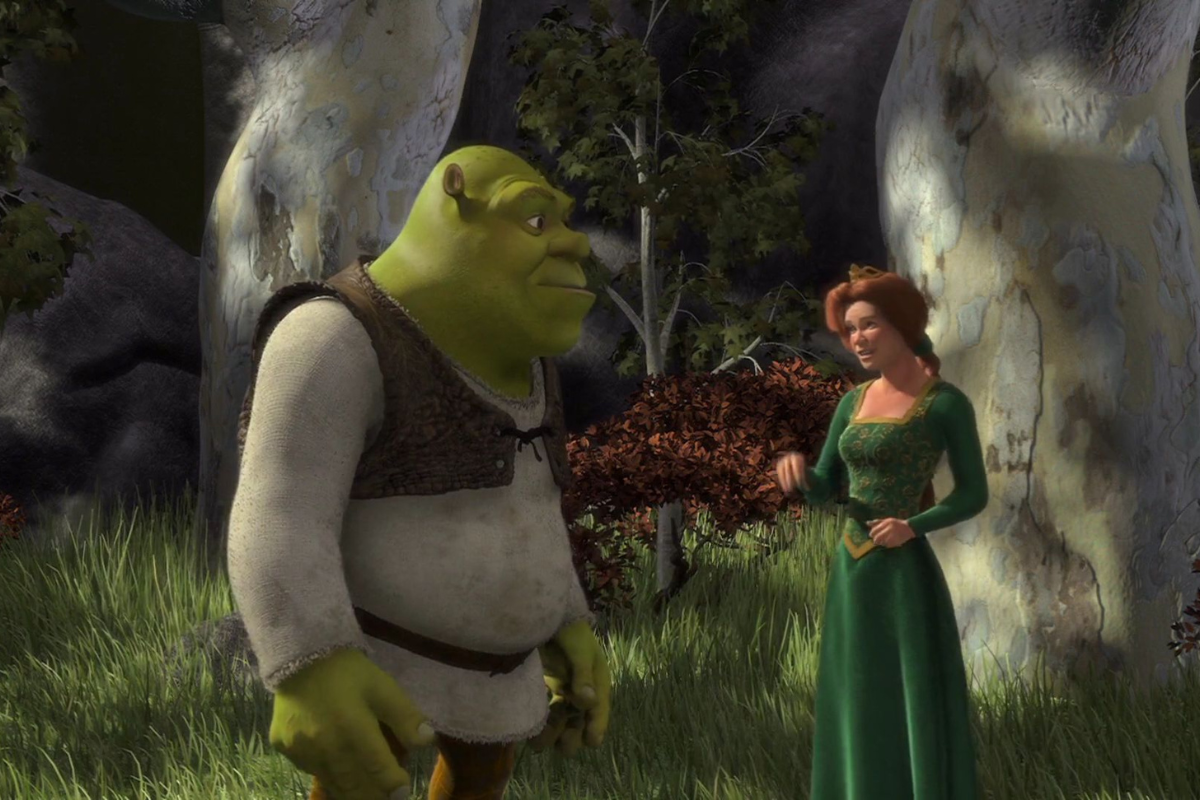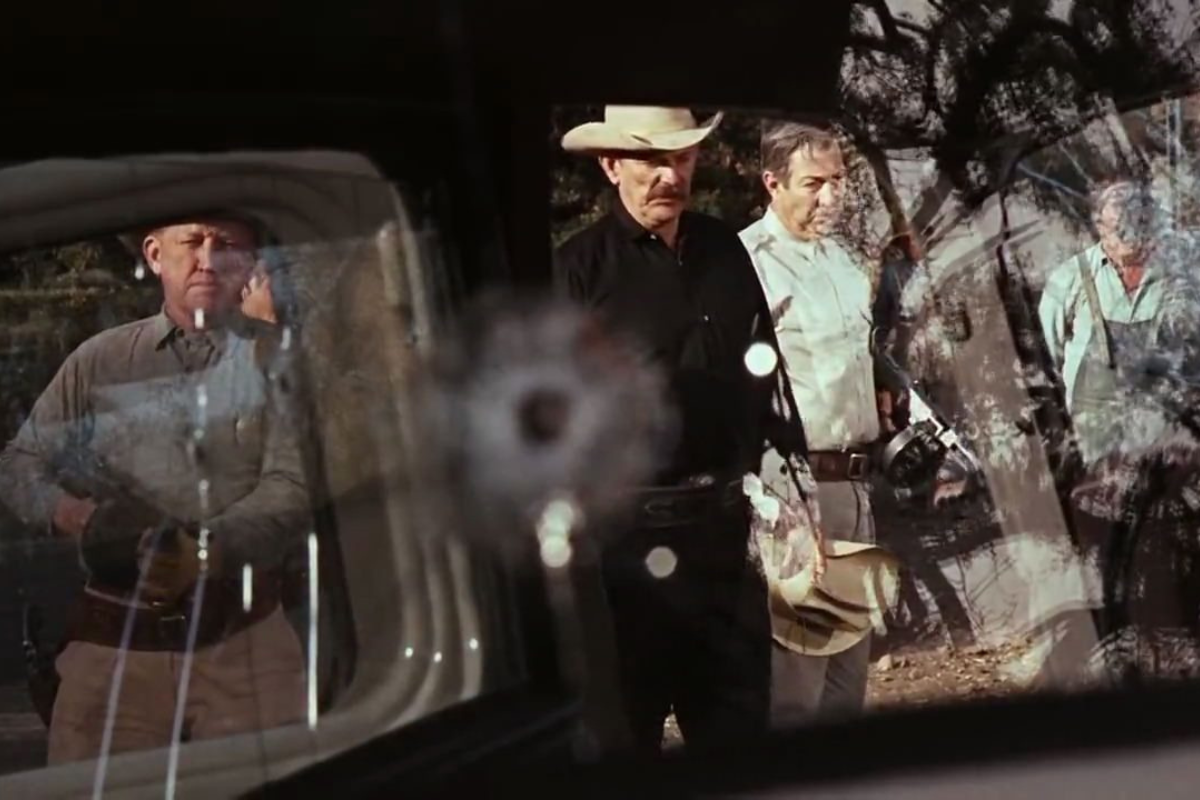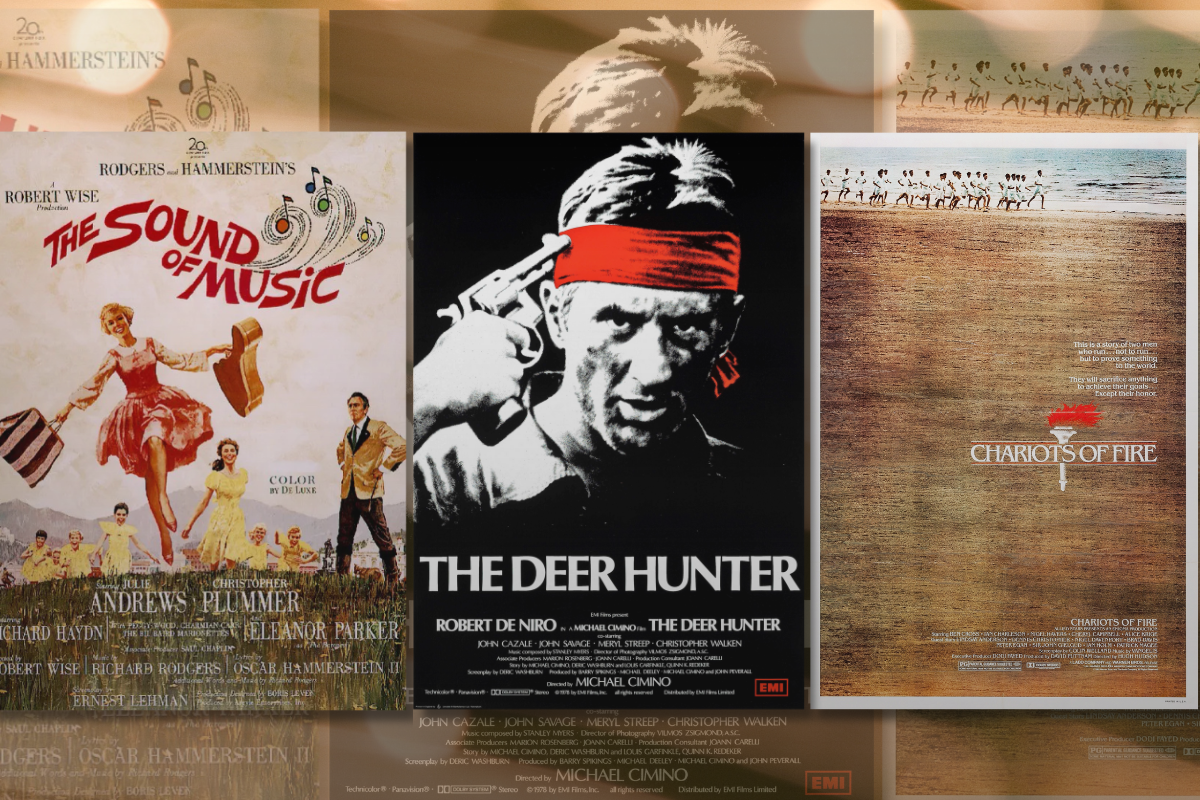WWI Code Breaker Claudine West Wrote Anti-Nazi Films for MGM During WWII
Dr. Rosanne Welch celebrates the female screenwriters who came before us with this month’s spotlight on Claudine West.
In her 20-year career as a screenwriter, Claudine West earned one Academy Award and two nominations. Those all came for films that worked to strengthen American support for England against the Nazi threat West had seen close up—thanks to having five brothers in the RAF (Royal Air Force).
Born in Nottingham, England, in 1890 as Ivy Claudine Godber, West began her writing career as a novelist. She moved to Hollywood in 1929 and immediately began racking up credits with The Last of Mrs. Cheyney starring Norma Shearer and Basil Rathbone. In 1930 West co-wrote A Lady’s Morals (1930) which fictionalized the romance between world-renowned singer Jenny Lind and empresario P.T. Barnum with Dorothy Farnum (Column #41) and Hans Kraly. Also, in 1931 West co-wrote The Guardsman for the famed married acting team of Alred Lunt and Lynne Fontane. West is listed as an uncredited writer on 1933’s Queen Christina, starring Greta Garbo, perhaps because of the friendship West shared with its credited writer Salka Viertel.
West’s English background began to surface with The Barretts of Wimpole Street which told the story of poet Elizabeth Barrett who defied her father’s direct order and married poet Robert Browning. Two years after Hitler became chancellor in Germany, West leaned on her own WWI experiences to work on 1935’s The Dark Angel, though full screenplay credit eventually went to others.
By 1939 and Hitler’s invasion of Poland, the dangers of the Nazi party became clear, certainly to West, and she focused on films highlighting British resolve and bravery. Her adaptation of the James Hilton novel Goodbye, Mr. Chips earned West her first Academy Award nomination for Best Writing: Screenplay (they still had a category called Best Story), an honor she shared with co-writers Eric Maschwitz and R.C. Sherriff. Mr. Chip also won Robert Donat his Oscar for Best Actor. He had been considered an underdog in the category since that was the year of Clark Gable and Gone With the Wind.
West followed Goodbye, Mr. Chips by adapting the Phyllis Bottome novel The Mortal Storm (1941) for MGM, the only film to boldly tackle the Nazi threat in ways MGM had previously been afraid to do. A Goodreads review says, “The story pits the developing political and feminist consciousness of Freya Roth against the Nazi machine that will destroy the fabric of her family and nation. In its combination of adventure and love story, political analysis and history”. West also found herself having to defend several scenes of Nazi brutality to avoid watering down the novel and the message. In this she found support from Bottome who had moved to Hollywood and worked as an unpaid consultant on the film.
In 1942 the U.S. joined England in the war effort and West earned her second Academy Award nomination for Random Harvest (1942). For this film she had returned to WWI with a love story between a veteran and a singer. When an accident restores his traumatic war memories, it erases his memory of their time together. That same year West finally won the Oscar for Best Screenplay by adapting the Jan Struther novel Mrs. Miniver into a vehicle starring Greer Garson as an English mother keeping her family together in WWII.
West completed the trend of supporting her home country by adapting Alice Duer Miller’s novel The White Cliffs of Dover (1944). West died on April 11, 1943 in California, so she didn’t live to see White Cliffs premiere in theaters, nor did she live to see the final victory her stories helped encourage.
If you’d like to learn more about the history of women of women in screenwriting, and about the craft of screenwriting while earning your MFA from your own home, our low residency Stephens College MFA in TV and Screenwriting is currently accepting applications: https://stephens.edu/program/master-of-fine-arts-in-tv-screenwriting/
Dr. Rosanne Welch, Executive Director of the Stephens College MFA in TV and Screenwriting, has television credits including Beverly Hills 90210, Picket Fences, ABC News/Nightline and Touched by an Angel. Her award-winning publications include When Women Wrote Hollywood and Women in American History (on the ALA list of 2017’s Best Historical Materials). Welch is Book Reviews editor for Journal of Screenwriting; on the Editorial Boards of Written By magazine and California History Journal and gave a 2016 TEDxCPP talk: “The Importance of Having a Female Voice in the Room”.
Find Dr. Rosanne Welch online: Instagram @drrosannewelch | YouTube DrRosanneWelch | Stephens College MFA Twitter @mfascreenwriter


